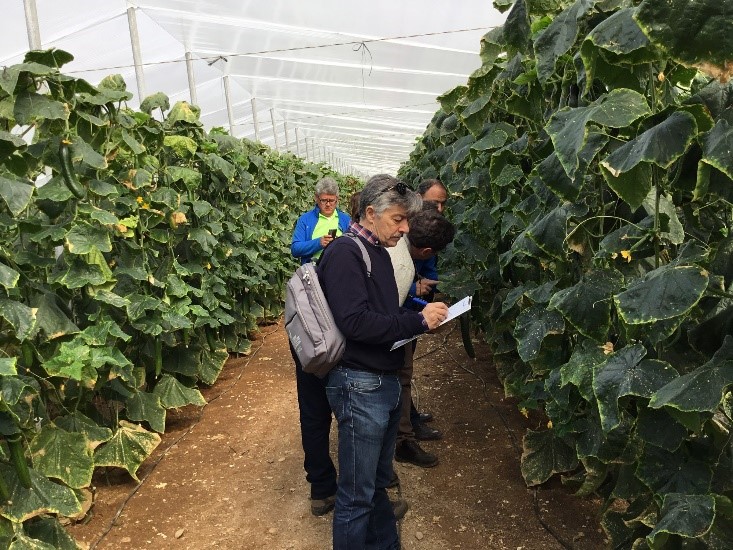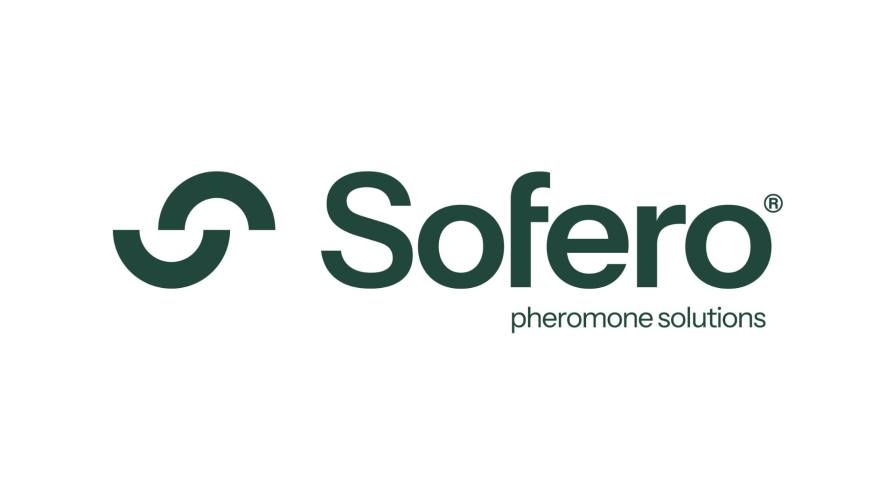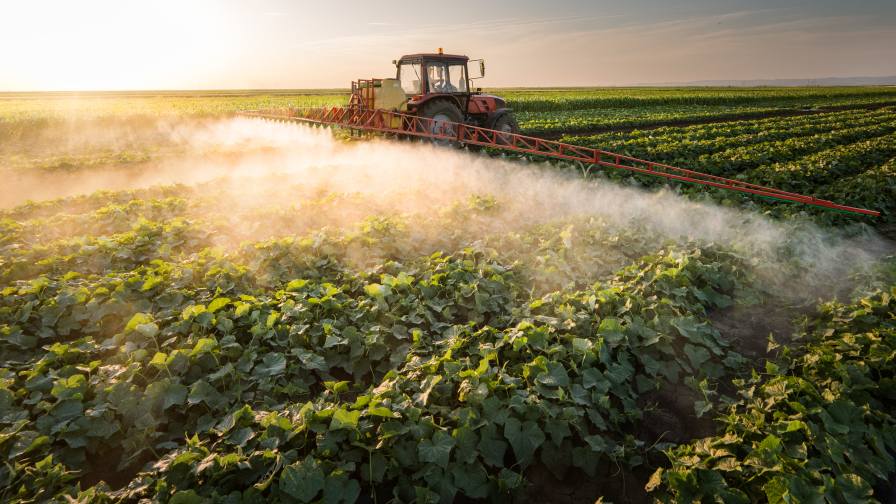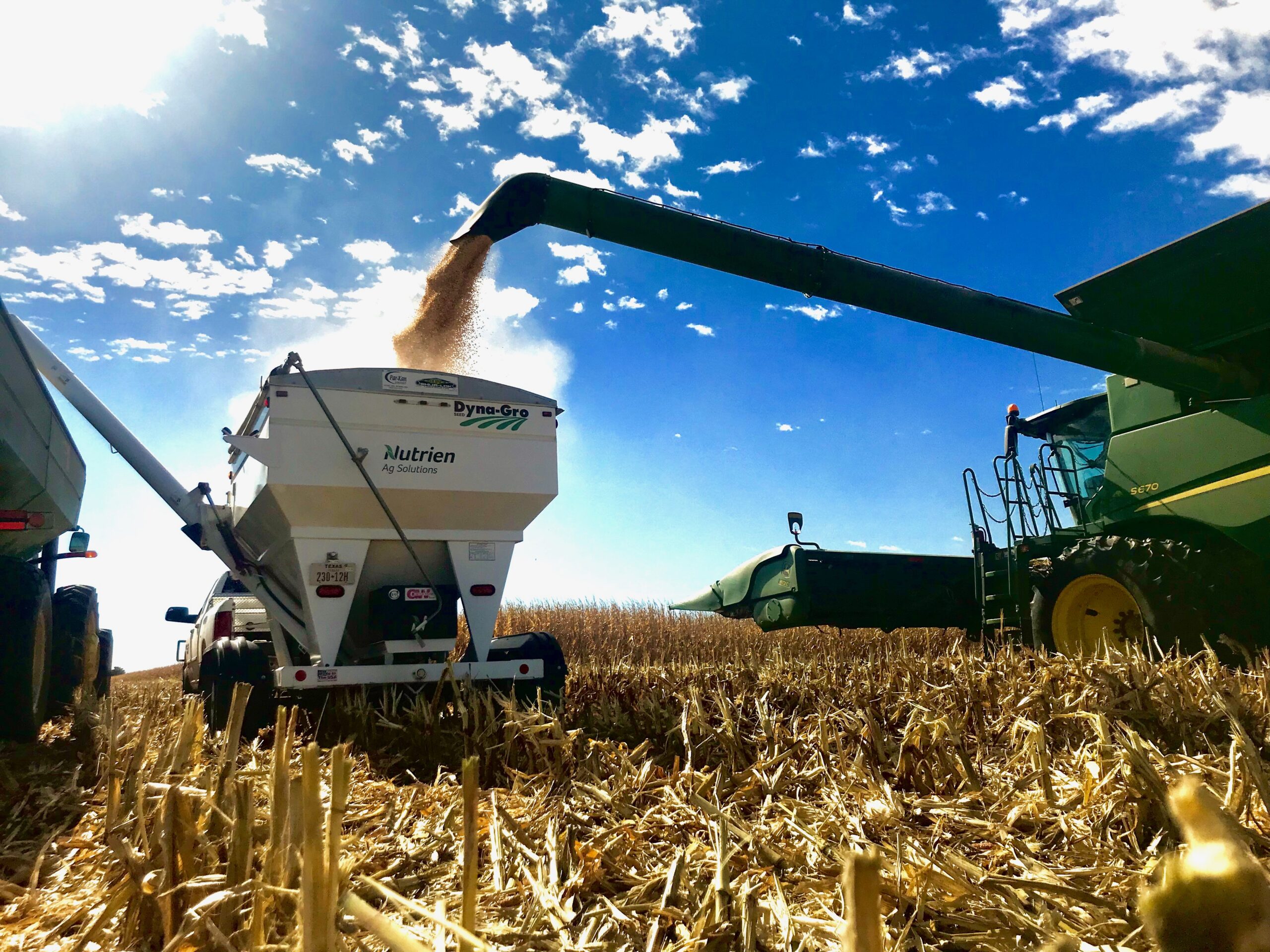Nutrien Ag Solutions Senior VP Rob Clayton Shares Keys to Success in North American Ag Retail
The importance of balancing economic viability with environmental responsibility involves collaboration and technology that can help the industry meet future demands. Rob Clayton, Senior Vice President, North American Retail at Nutrien Ag Solutions, shares perspectives on how responding to trends and keeping a consistent company mission provides a path to success.
ABG: What key strategies do you think businesses need to have to stay competitive in the upcoming years?

Rob Clayton
Rob Clayton: I’ve been with Nutrien for 24 years, and during that time, we’ve undergone numerous acquisitions and ownership changes. What has remained constant, however, is ensuring our customers’ success. From the start, our focus has been on making our customers more profitable and sustainable. This has remained central through every transition of the company.
As we acquire businesses, we specifically look for companies that are focused on innovation and growth—companies that can help expand the opportunities for our customers. Improving supply chain efficiency and offering products like biologicals from our Loveland Products shelf are just a few examples of how we aim to support customer profitability and sustainability.
We know that agriculture is not going to see an increase in farmland, especially in North America. There will be fewer farmers, not more. So, our
growth strategy revolves around providing products and services that help increase the value produced by our current growers.
ABG: What advice would you give to other agribusiness companies wanting to expand their sustainable practices?
RC: The key to expanding sustainable practices is to never be satisfied with where you are. We’re always looking to improve and innovate. Our FARMSMART program and tools like our digital sustainability platform, Agrible, focuses on data tracking, helping support our customers in earning financial credit for making informed agronomic decisions.
We also run a major program in North America called the Sustainable Nitrogen Outcomes (SNO) program that helps track and reward improved applied nitrogen efficiency through sustainable management practices. The goal is to help growers improve their operational efficiency and generate new revenue streams for long-term success for future generations.
We believe that sustainability in agriculture is a major challenge but also an opportunity. It’s possible to be both profitable and sustainable. Financially and environmentally sustainable farming is achievable, and we’ve seen that through practices like no-till, cover crops, precision farming, and even using drones for more precise spraying. We see soil science as a key factor in the next phase of agriculture.
ABG: What advice do you have on companies looking to scale sustainable practices?
RC: The key to scaling sustainable practices is a relentless commitment to innovation and continual improvement. We’re always looking to enhance our offerings and bring new solutions to market. The 4R Nutrient Stewardship System is a prime example of how we focus on managing nutrients in a way that supports both profitability and environmental sustainability. Tools like Echelon® are helping us achieve precision agriculture, allowing us to optimize input use and reduce waste.
For other agribusiness companies, my advice would be to continuously invest in the technologies and practices that allow you to be more efficient and sustainable. Sustainability isn’t just about doing good for the environment—it’s also about being financially sustainable. As we scale, we look for ways to improve efficiency in every aspect of our business, from supply chain logistics to customer engagement. The ultimate goal is to deliver value to customers while ensuring we are also contributing to long-term environmental sustainability.
ABG: The ag retail landscape has been shifting with moves like the formation of Keystone Cooperative, reshaping the industry. How does Nutrien Ag Solutions view this consolidation, and how do you think these collaborations will impact the industry?
RC: The formation of Keystone Cooperative is part of a larger trend of consolidation in agriculture. Farmers themselves are consolidating, and the whole industry is following suit. I don’t necessarily see this as a bad thing. Larger operations are demanding more efficiency, and as the industry grows, those efficiencies are key to maintaining competitiveness.
As companies consolidate, we are also looking for efficiency. Moving products efficiently is crucial, and Nutrien Ag Solutions moves about $15 billion worth of ag products around North America each year. The fewer times we touch those products, the more cost-effective and efficient we can be.
From a supplier perspective, being a large player like Nutrien means fewer accounts to deal with, which brings efficiencies for both us and our suppliers. By having access to a vast retail network, we can bring products to market faster, giving our customers access to the latest innovations sooner.
In addition, larger businesses have the ability to tackle big projects, like our work in the DNA testing of soil and soil biome research. We’ve invested nearly $500 million in our crop nutrition and biostimulant product portfolio over the past five years, which is possible because of our scale and resources. These large investments bring real, tangible benefits to our customers, and without the size and scale, these innovations might not have been possible.
While there are sometimes negative connotations associated with big businesses, I believe that many of the key innovations in agriculture over the last 50 years have come from large companies. With size, comes the ability to push the boundaries of what’s possible and bring new technologies to the industry.
ABG: Nutrien’s multi-year FFA investment is fostering leadership in agriculture. How does Nutrien align these initiatives with broader company goals, and what outcomes have been observed?
RC: Nutrien’s investment in the FFA aligns perfectly with our broader goals of fostering innovation, sustainability, and supporting the future of agriculture. We understand that the next generation of leaders is essential to the long-term health of the industry, and that’s why we support organizations like FFA. It’s about nurturing future leaders who can drive agricultural advancements and address global challenges such as food security and climate change.
By supporting FFA, we ensure that young people, even those who aren’t from agricultural backgrounds, understand the breadth of opportunities in agriculture. We’re seeing more and more students join the industry who may never have thought about agriculture as a career but are now inspired to pursue it. This commitment ensures that agriculture remains vibrant, diverse, and innovative for years to come.
ABG: How does Nutrien help growers effectively adopt precision ag tools, and what emerging technologies are shaping the company’s future strategy?
RC: At Nutrien, we help growers adopt precision agriculture tools like Echelon by providing access to cutting-edge technologies and offering hands-on support from our team of agronomists. These tools are crucial for improving efficiency and sustainability in farming. Precision ag allows farmers to make data-driven decisions, improving yields while minimizing resource usage, which is critical in the face of global challenges such as climate change and food security.
Our role is to ensure that growers not only have access to these technologies but also understand how to use them effectively. This is where our agronomists play a key role—they’re able to walk farmers through the adoption process, help them interpret the data, and provide ongoing support as new technologies emerge.
Looking ahead, emerging technologies like drone-based soil analysis, artificial intelligence in crop management, and autonomous equipment are shaping the future of agriculture. Nutrien’s strategy is to continue investing in these technologies, integrating them into our offerings, and ensuring that our customers can seamlessly adopt these innovations to enhance their farming operations.







